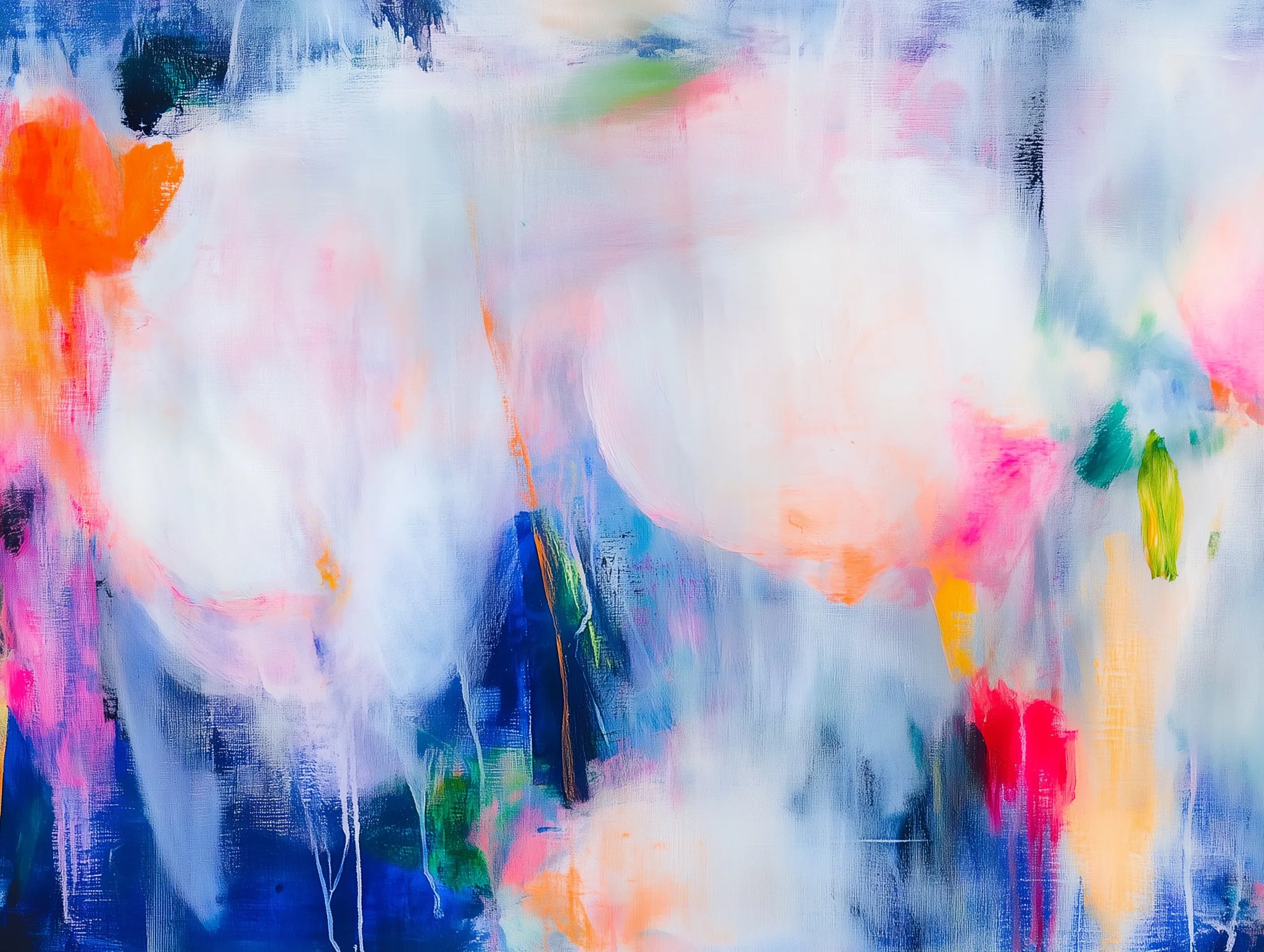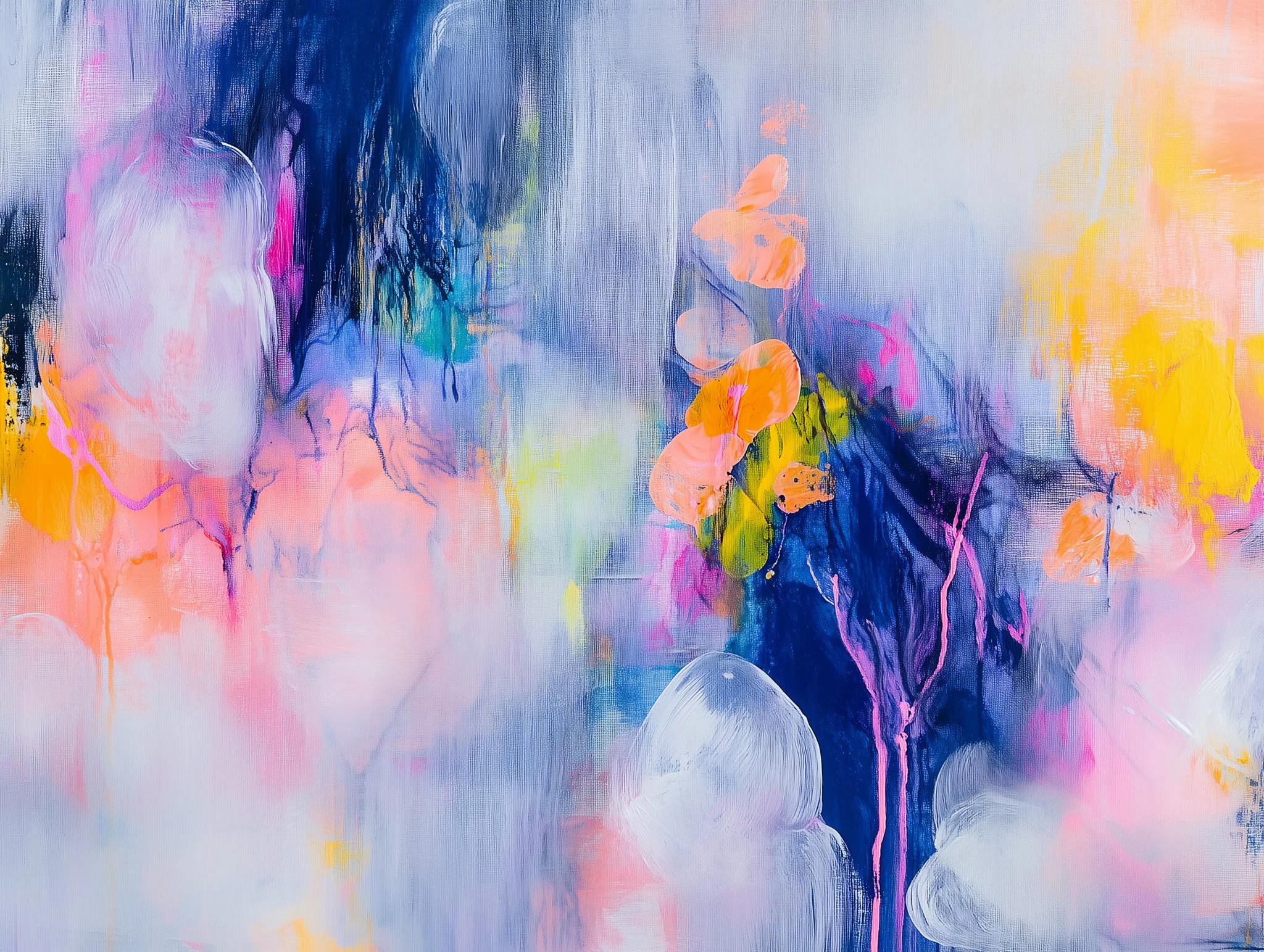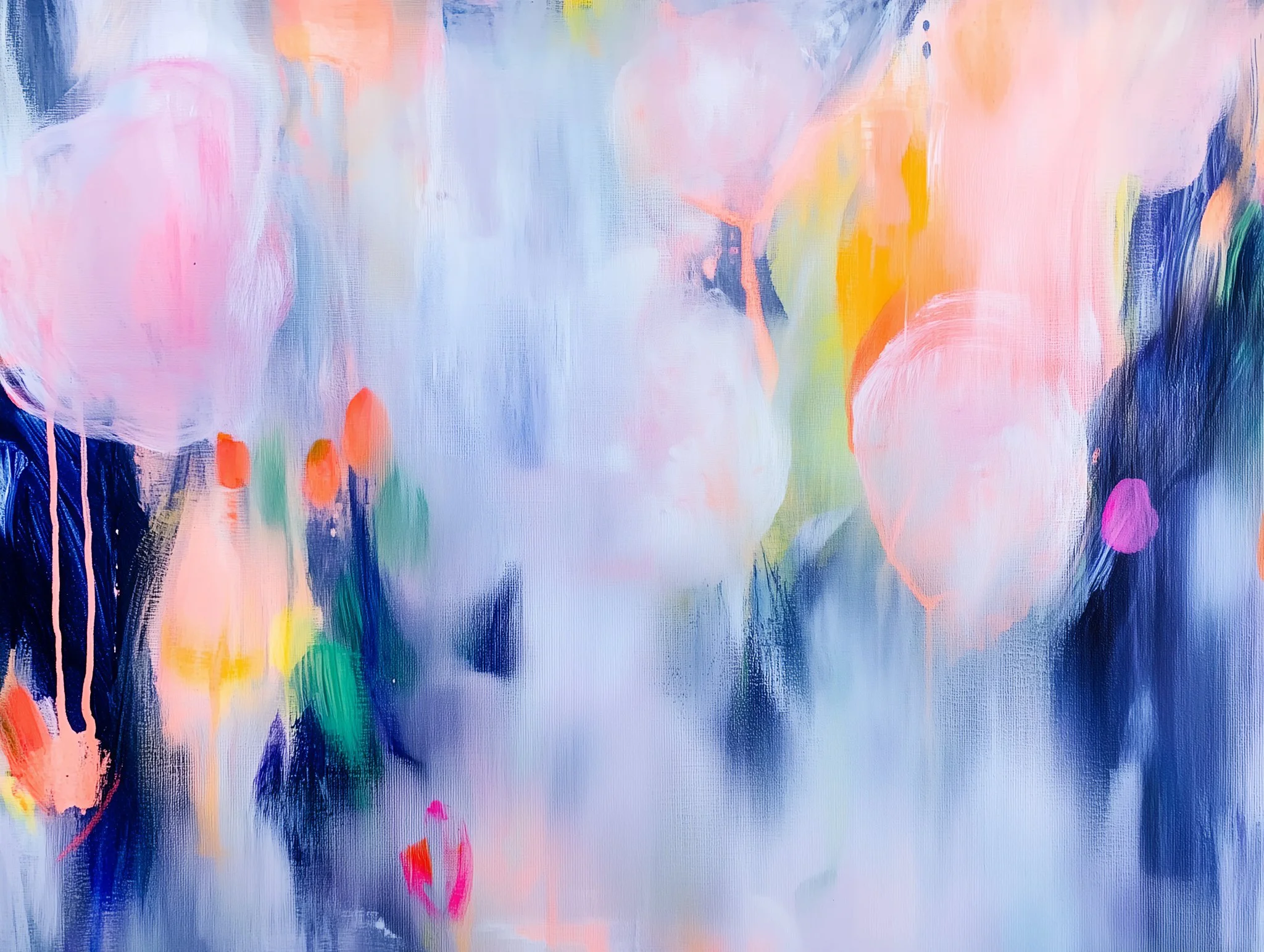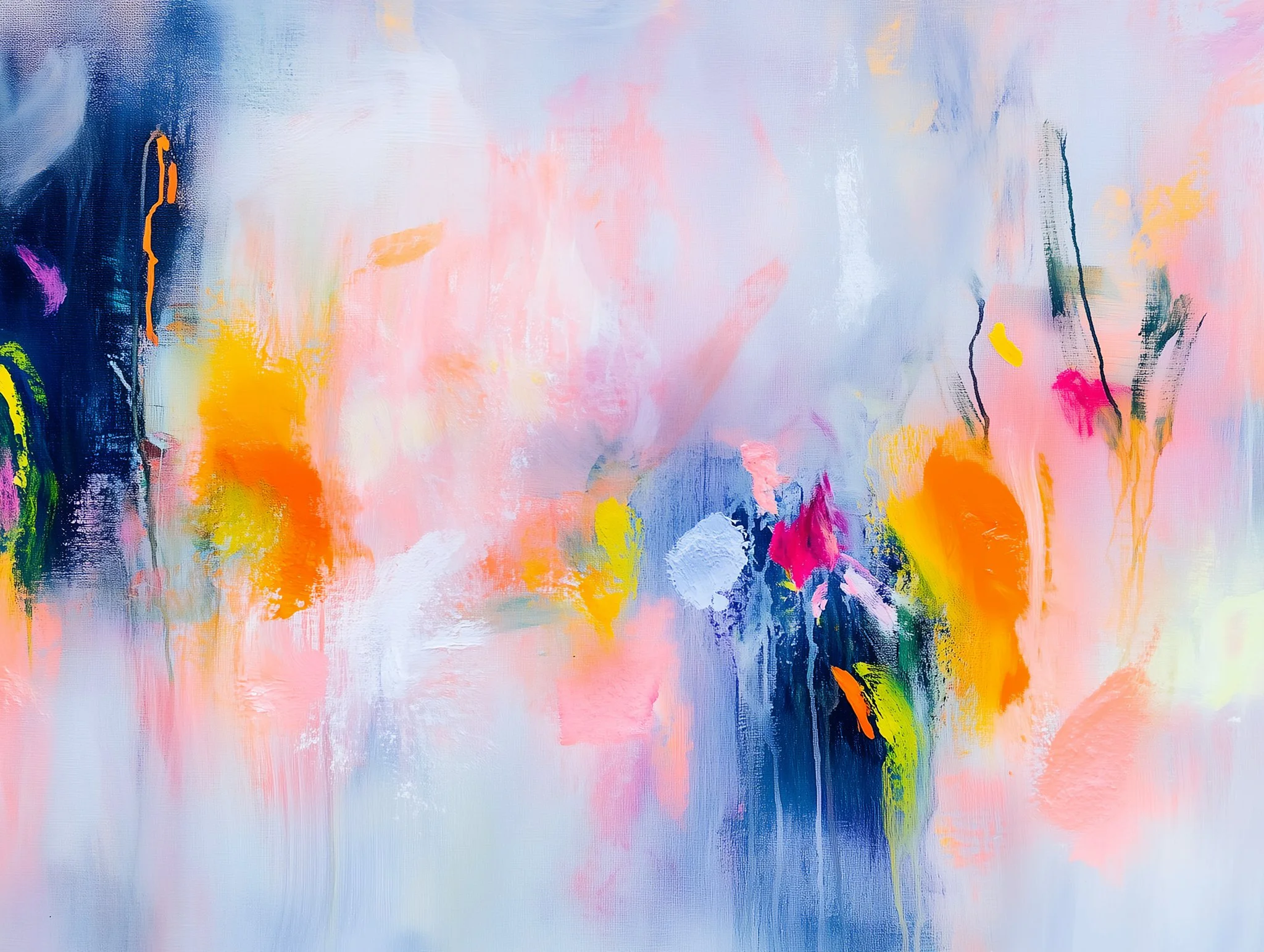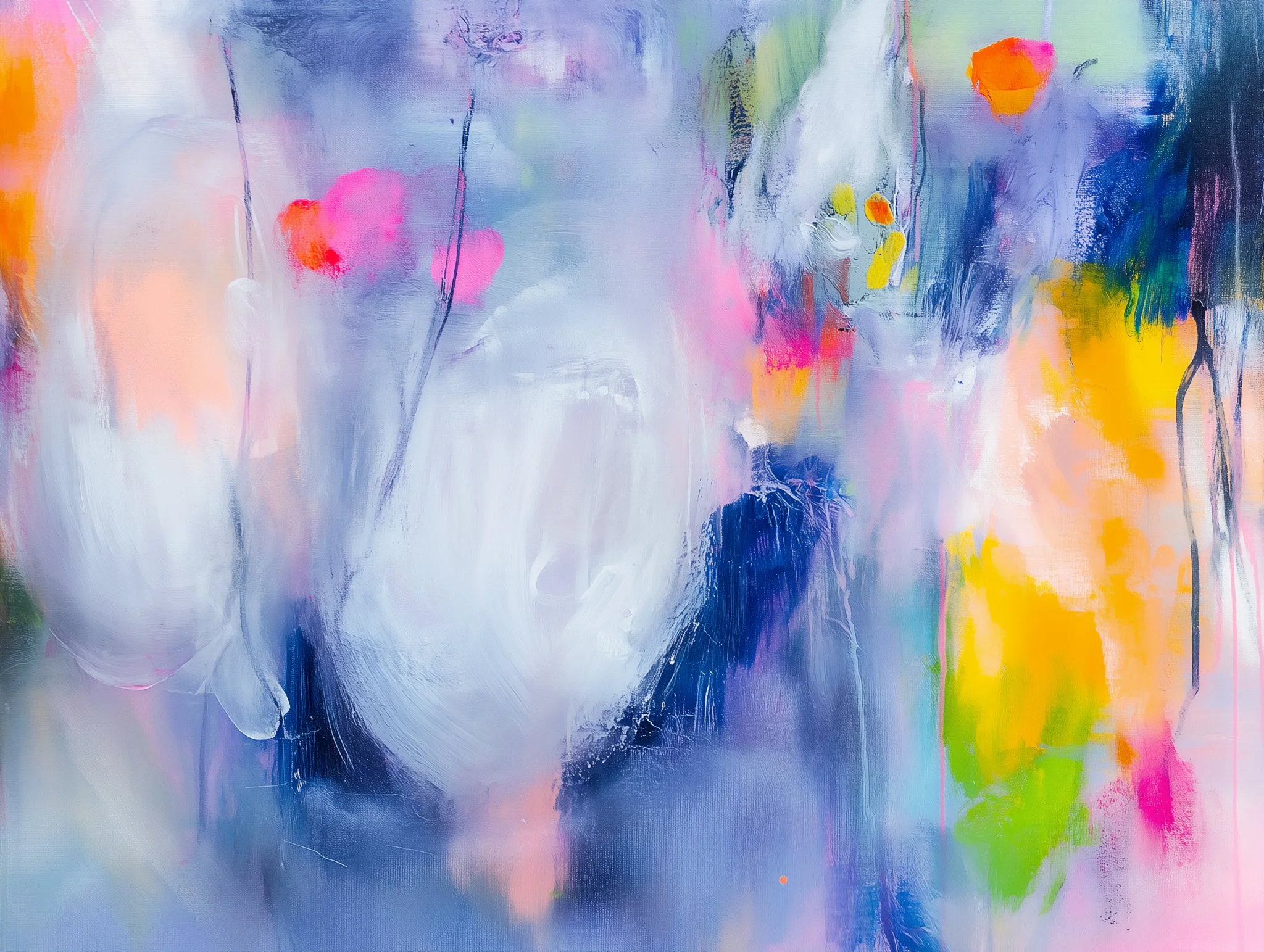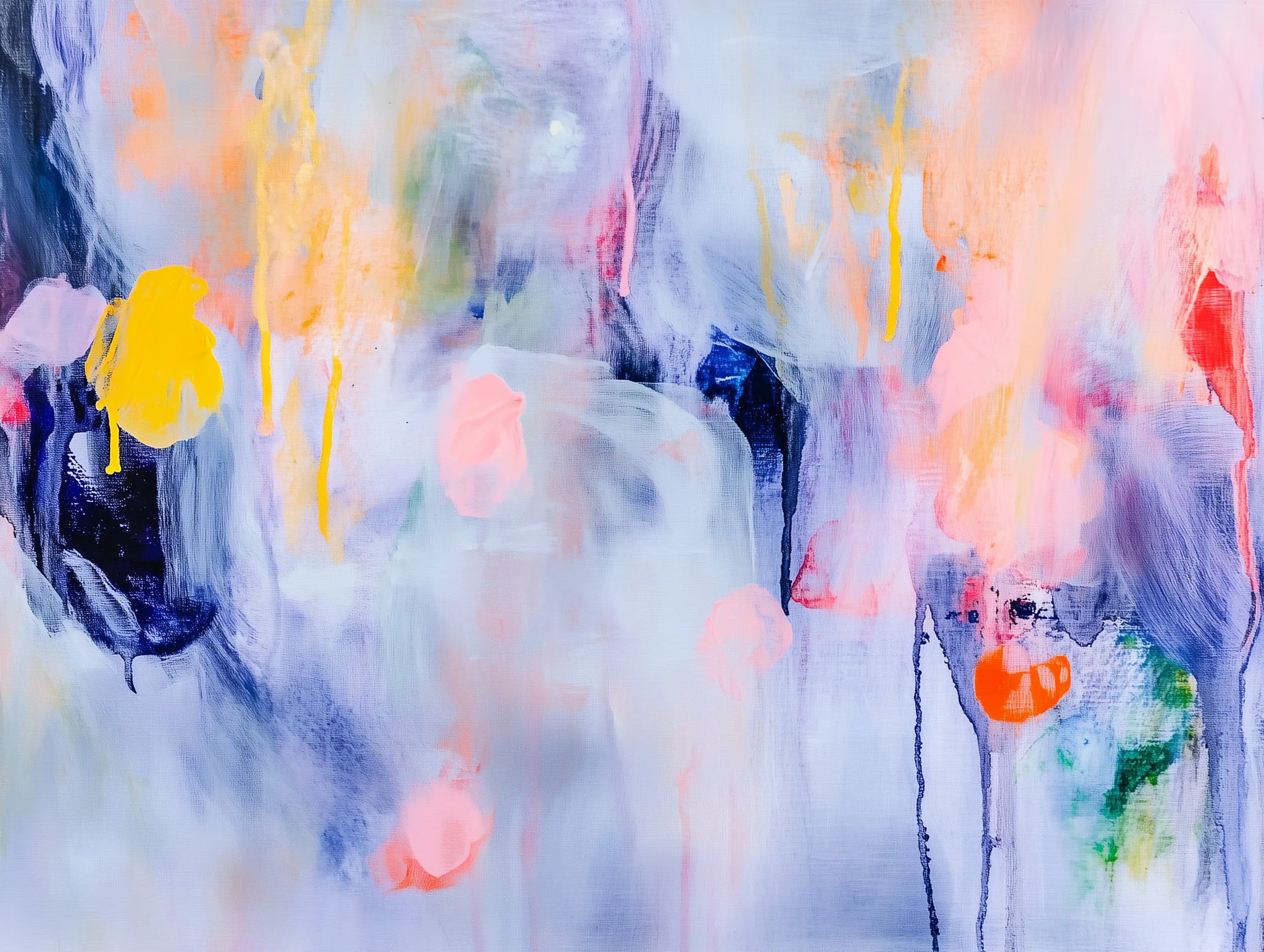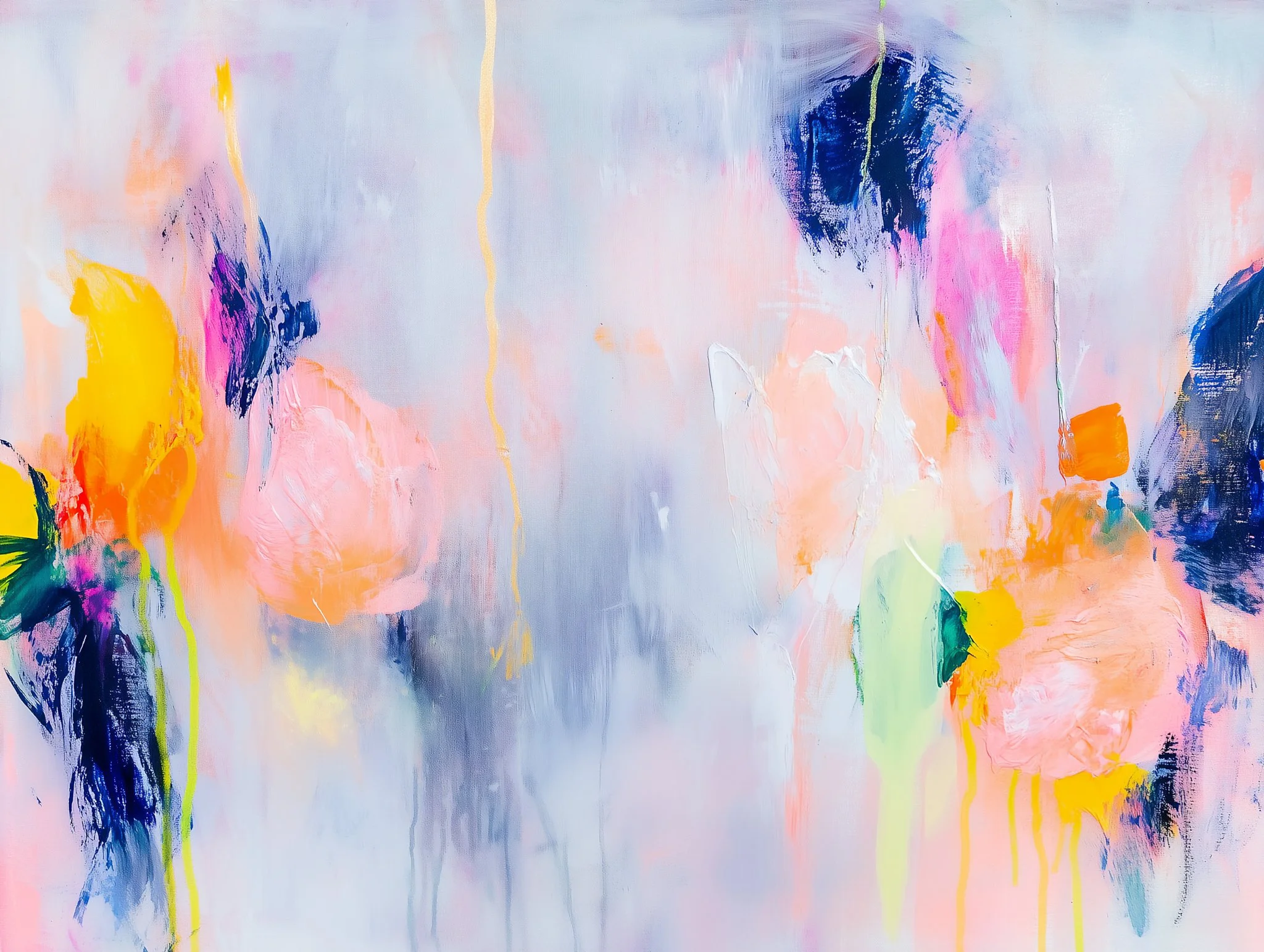DEI PARTY
In early 2025, amid an authoritarian shift in the United States, the Trump administration enacted sweeping anti-DEI measures designed to dismantle programs focused on Diversity, Equity, and Inclusion. Federal executive orders effectively “banned” the use of DEI-related language and concepts, declaring them off-limits for institutions receiving government funding. These orders have led to the erasure of documents and histories, the censoring of scholarship, and the chilling of discourse—particularly in public education, arts, and healthcare. The list of prohibited terms is vast and telling:
Inclusivity and Accessibility, Acknowledging Identity and Demographics, Social Justice and Equality, Bias and Discrimination, Diversity Promotion, Vulnerability and Risk, Systemic Issues, Cultural Aspects, Environmental Terms, Acronyms and Titles
accessible, activism, activists, advocacy, advocate, advocates, affirming care, all-inclusive, allyship, anti-racism, antiracist, assigned at birth, assigned female at birth, assigned male at birth, at risk, barrier, barriers, belong, bias, biased, biased toward, biases, biases towards, biologically female, biologically male, BIPOC, Black, breastfeed + people, breastfeed + person, chestfeed + people, chestfeed + person, clean energy, climate crisis, climate science, commercial sex worker, community diversity, community equity, confirmation bias, cultural competence, cultural differences, cultural heritage, cultural sensitivity, culturally appropriate, culturally responsive, DEI, DEIA, DEIAB, DEIJ, disabilities, disability, discriminated, discrimination, discriminatory, disparity, diverse, diverse backgrounds, diverse communities, diverse community, diverse group, diverse groups, diversified, diversify, diversifying, diversity, enhance the diversity, enhancing diversity, environmental quality, equal opportunity, equality, equitable, equitableness, equity, ethnicity, excluded, exclusion, expression, female, females, feminism, fostering inclusivity, GBV, gender, gender based, gender based violence, gender diversity, gender identity, gender ideology, gender-affirming care, genders, Gulf of Mexico, hate speech, health disparity, health equity, hispanic minority, historically, identity, immigrants, implicit bias, implicit biases, inclusion, inclusive, inclusive leadership, inclusiveness, inclusivity, increase diversity, increase the diversity, indigenous community, inequalities, inequality, inequitable, inequities, inequity, injustice, institutional, intersectional, intersectionality, key groups, key people, key populations, Latinx, LGBTQ, marginalize, marginalized, men who have sex with men, mental health, minorities, minority, most risk, MSM, multicultural, Mx, Native American, non-binary, nonbinary, oppression, oppression, oppressive, orientation, people + uterus, people-centered care, person-centered, person-centered care, polarization, political, pollution, pregnant people, pregnant person, pregnant persons, prejudice, privilege, privileges, promote diversity, promoting diversity, pronoun, pronouns, prostitute, race, race and ethnicity, racial, racial diversity, racial identity, racial inequality, racial justice, racially, racism, segregation, sense of belonging, sex, sexual preferences, sexuality, social justice, sociocultural, socioeconomicstatus, stereotype, stereotypes, systemic, systemically, they/them, trans, transgender, transsexual, trauma, traumatic, tribal, unconscious bias, underappreciated, underprivileged, underrepresentation, underrepresented, underserved, undervalued, victim, victims, vulnerable populations, women, women and underrepresented
The message is clear—an attempt to de-legitimize identities, histories, and modes of care deemed inconvenient and threatening to dominant power structures.
I was devastated by the erasure of hard-won progress in DEI efforts, by the casual normalization of hate and systemic oppression, and by the transformation of inclusive language into a target. Language is power. When we lose the right to name our identities, our histories, and our needs, we lose access to cultural legitimacy and legal protection.
Through my aching heart and rage, I put the list of banned words into Midjourney—a generative AI platform I use frequently —using a custom model trained on my paintings. It was an intuitive move: feeding this censored vocabulary back into a machine designed to visualize prompts. I struggled at first, getting tripped up on the word “breastfeeding.” Despite its clinical and nurturing connotations, it contains the word “breast”—a term frequently flagged by moderation systems shaped by patriarchal definitions of obscenity and decency. After adding additional context to convince the AI moderation that I wasn’t doing anything explicit, I generated images that merged these words and concepts into a surreal celebration: a party.
In my visual language—one made of shifting forms, particles, and waves, that ripple between body and metaphor—what emerged was joyous, unruly, and deeply human. It reminds me of balloons and bodies, fluids and textures, reminiscent of celebration and birth, desire and mess. The resulting works are a jubilant eruption of all that is being silenced: our bodies, our care, our communities, our multiplicity.
DEI Party stages a counter-narrative. It revels in the very things that systems of power seek to erase: softness, connection, kinship, the vulnerability of human fluids and touch. The work becomes an act of embodied resistance—a visual archive of banned joy.
This piece also explores the politics of platform moderation and algorithmic censorship. Midjourney, like many AI platforms, uses layered content moderation protocols. While such moderation may prevent explicit harm (e.g., reducing pornographic misuse), it also reflects culturally biased assumptions about which bodies and concepts are "appropriate." Terms related to gender, race, and care are often swept up in this net of overcorrection. These decisions, often opaque and automated, reflect larger societal tensions about who is allowed to speak, be seen, or be acknowledged. I appreciate the conversation that Midjourney engages in around this topic, and have worked to encourage women and non-binary folx to get involved with AI platforms, in order to shape them.
We are left negotiating with increasingly invisible systems of control. In attempting to generate this work, I found myself working against another aspect of the patriarchal system. It felt like another metaphor for the broader fight: struggling to make art about care and bodies in a world that insists neither are appropriate unless filtered through commodified, neutered language.
It is also not lost on me that this work is, in practical terms, unshowable. Because it references “banned” terms, I cannot apply for federal arts funding. I cannot exhibit it in any institution beholden to government grants. Even private institutions are opting into this censorship—some out of political alignment, others out of cost-cutting or corporate convenience. As profit eclipses people, institutions abandon the very values they once claimed to uphold.
Still, I made it. We are still here.
This work laughs at the absurdity and roars against the repression. It’s full of softness, leaking edges, delight, and the full-spectrum mess of human existence. It’s a visual echo of Audre Lorde’s assertion that “caring for myself is not self-indulgence, it is self-preservation, and that is an act of political warfare.” DEI Party reclaims visibility not through solemnity, but celebration. It insists that in the face of erasure, we dance. We lactate. We transition. We care for one another. We make art that drips, pulses, and resists.
